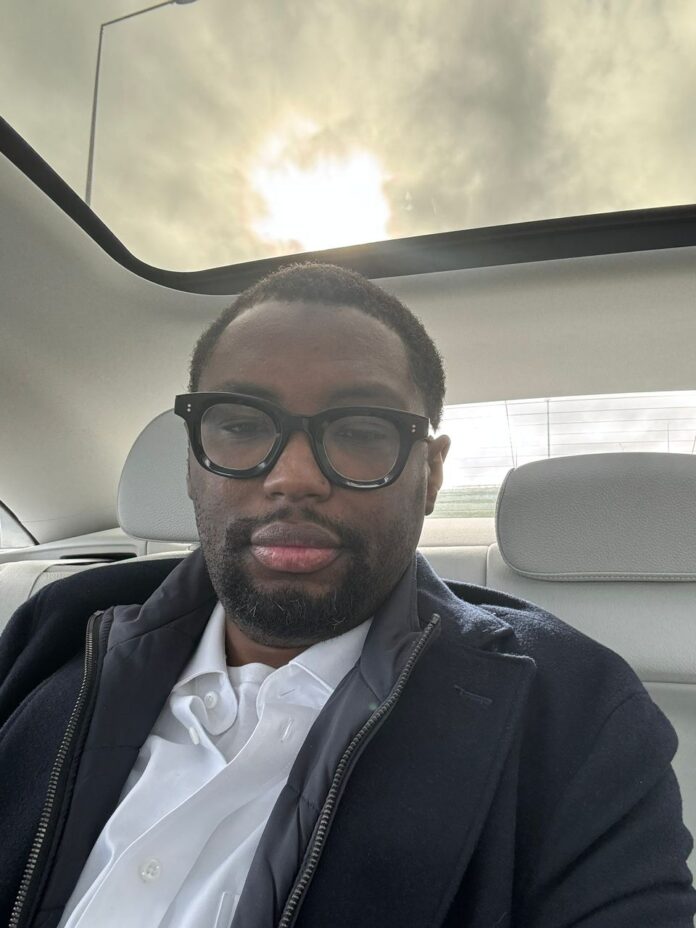Building Bridges in a Divided World!!
By Saleh Shehu Ashaka
In today’s increasingly polarized society, where division often feels more pronounced than unity, it is crucial to focus on the myriad issues that can bring us together, rather than the singular differences that set us apart. It is far too easy to succumb to a mindset that encourages triumph over others, fostering an environment where winning arguments overshadows winning hearts. However, as we navigate through our various convictions and beliefs, it is imperative to recognize that the most enduring successes often lie not in defeating an opponent but in cultivating understanding and empathy.
The sentiment that hundreds of issues unite us while only one issue divides us encapsulates the essence of our shared humanity. Whether it be in political discourse, social justice movements, or even everyday conversations, we find common ground in our hopes, dreams, and struggles. By honing in on these unifying themes, we can foster dialogue that transcends individual opinions and allows for collaborative problem-solving—a vital necessity in tackling the pressing challenges of our time.
Unfortunately, we frequently dismantle bridges—the very relationships that could facilitate progress—because of our unwillingness to engage with those we disagree with. History teaches us that bridges are not only built for passage but also for connection. A refusal to engage in constructive conversation leads to isolation and misunderstanding. The irony is that the same people we view as adversaries may have insights or experiences that could help shape a more comprehensive understanding of the issues at hand.
Read Also:
To foster a culture of empathy, we must learn to distinguish between the action and the actor. It is essential to hate injustices and wrongdoings—this fuels the passion needed for change—but we must separate those errors from the individuals committing them. As challenging as it may be, forgiveness and mercy should be cornerstones of our interactions. When we choose to criticize speech without demonizing the speaker, we create a space where constructive dialogue can flourish. This not only encourages personal growth among individuals but also lays the groundwork for societal healing.
Moreover, the analogy of wiping out diseases rather than patients is particularly poignant. In addressing societal ills—be they systemic racism, poverty, or political corruption—we must focus on the problems themselves rather than vilifying those who may be victims of those issues. This requires an empathetic approach that seeks to understand why people act the way they do. It is only through compassionate engagement that we can hope to eradicate the root causes of the problems we face.
However, this approach requires courage and a willingness to be vulnerable. It demands that we confront our biases, listen actively, and enter dialogues that may challenge our comfort zones. Yet, the rewards are immeasurable. By choosing to engage with empathy, we create a ripple effect that can transform communities. Our intention should not solely be to win a debate but to foster a sense of belonging and mutual respect.
In conclusion, as we navigate the complexities of our divided world, let us strive to be the architects of understanding rather than division. Emphasizing commonalities over differences, building bridges over walls, and practicing forgiveness over condemnation will not only enrich our individual lives but also strengthen the collective fabric of our society. As we move forward, let us remember that in our quest for justice and truth, the greatest victories may very well lie in how we treat each other along the way.
















